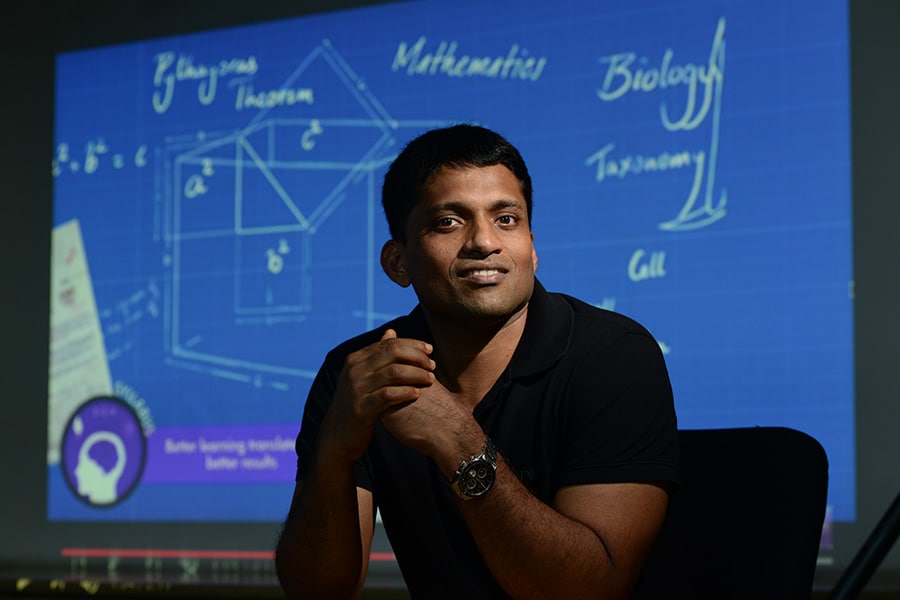Evolution of technology, mindsets and more in the time of crisis
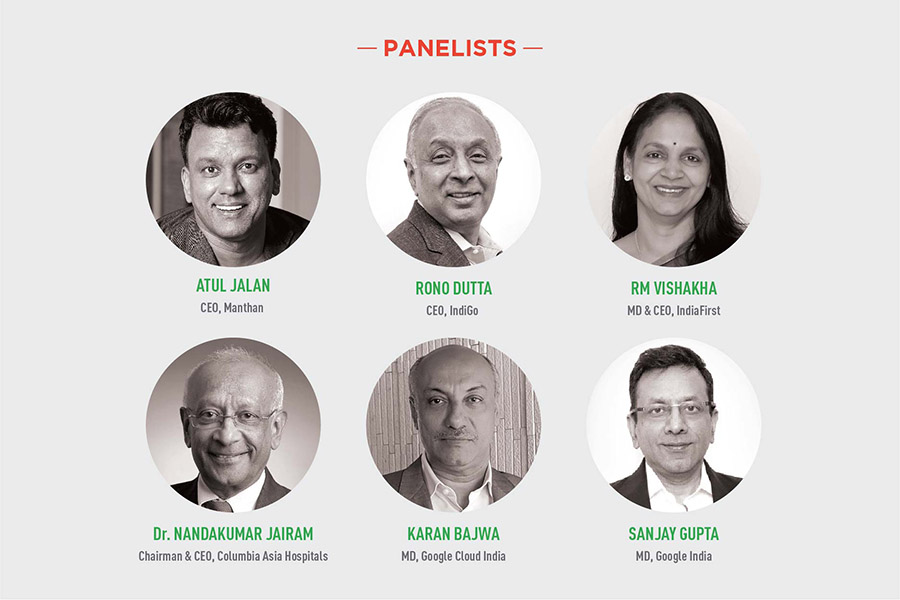
After months of lockdown and living with restrictions necessitated by the Covid-19 pandemic, most businesses have been severely impacted. On the other hand, a silver lining has been a shift in businesses processes and practices, providing an opportunity to reinvent how companies are run. To create agile, transparent and resilient organisations requires reimagining of management principles and business models.
To share their insight on this development, Forbes India brought together a diverse panel of business barons to share their learnings and offer perspectives for longevity in enterprises. Moderated by Manu Balachandran, special correspondent, Forbes India, the participants included Atul Jalan, CEO, Manthan; Rono Dutta, CEO, IndiGo; RM Vishakha, MD & CEO, IndiaFirst; Dr. Nandakumar Jairam, chairman & CEO, Columbia Asia Hospitals; Karan Bajwa, CEO, Google Cloud India, and Sanjay Gupta, CEO, Google India.
Vishakha recounted that her organisation was able to seamlessly move everything to work from home, thanks to a robust business continuity plan and access to technology. From investments to the call centres, everything functioned smoothly despite being in remote locations.
A challenge for bringing in new business, she admits, is to be able to replace the human connect. “For a business like ours, which entails selling a promise for a 15 to 20-year period, acquiring new clients is dependent on building relationships and instilling trust. We still have to figure out how to inspire trust in potential clients without the human touch, while we are just a face on a video or a call on the phone. This is especially pertinent in an environment where cheating is so rampant.”
Offering his perspective, Gupta explained how the pandemic has made him unlearn assumptions that constant travel is a business necessity, and that finding partners, such as international experts, entailed a lot of cooperation and waiting. During the lockdown, not only did he experience that work went on just as well when he couldn’t travel, and connecting with international experts and colleagues became much faster and more effective online. “I am more humbled at the end of this experience and I realise that many things are possible by simply changing one’s mindset,” he concluded.
Seconding Gupta, Bajwa observed that there have been some fundamental shifts in business processes. “First, the way technology was used has changed. There is a clear opportunity to shift technology from being an enabler of a business to the fore of a business. Second, a shift in the consumption model of technology towards being considered as regular opex rather than large lump sum capex will remove cost barriers for constant usage of relevant technology. All these shifting trends present businesses with a real opportunity to completely reinvent themselves, rather than merely reorient,” he said.
Jairam’s observations highlighted that there such parallels could be drawn for the health care industry as well. “The administrative segment is very much like what the others already described - going to office, copious travel on work, etc. These activities revealed themselves as a waste of time and money when technology enabled virtual meetings delivered greater efficient than before,” he said, explaining that his organisation has become more comfortable with tele-consultations and remote delivery of medicine. “It is efficient, saves time waiting at hospitals and is definitely going to enable a patient and doctor to interact in a different way.”
Dutta of IndiGo voiced the possibility that many businesses and leaders might go back to embracing conventional ways once they can do so. “After 9/11, people stopped traveling and video conferencing was all the rage. But they had to revert to physical meetings that demanded travel, because sometimes the human touch and relationship building that was crucial to building businesses was missing,” he said. “Even within an organisation, networking and knowing people across different divisions is a great asset. We are social animals, so as long as human beings do business and take decisions, relationships are key; it could simply mean getting together and having a drink in the evening. That’s what makes things work.” He also agreed that the pandemic has altered the way he approached his work: “I used to be a big believer in long-term planning and that has been turned on its head. Right now, we don't know which segments will open and what mandates will follow. So, we have to just plan for the short term and take a lot of course corrections as we go,” he said.
Jalan of Manthan believed that the pandemic has just speedened up the adoption of trends and technolgoies that had already made their way into business consciousness. “Video conferencing, work from home, telemedicine, none of these are new trends. But this pandemic has put all those trends on steroids. There were talks about universal basic income, data monetisation, data privacy, how to regulate the role of social media, etc. I think this crisis has brought all these and other issues to the fore.”
He pointed out that the best of human ingenuity comes forth during times of challenge and crisis and constraint, and technology would facilitate this resourcefulness. “At a personal level,” he added, “it has been a reminder that change is the only constant and that we have to quickly adapt to change to flow with the times.”
The discussion proceeded with the participants sharing their experiences on how mindsets of customers, as well as management and employees of the company had changed. Bajwa explained how the changing mindsets during the crisis presented Google with the opportunity to approach its clients with the intent of serving and not selling. “We engaged with customers and enabled them to achieve the first level of being able to work from home, getting connected, using collaboration platforms, etc,” he said, adding that technology companies will now need to start providing technology to customers in a manner that is not elitist, but democratised.
Gupta summed up the observations made by his colleague, by stating that the greatest transformation among consumers and business owners and boards was the openness to change and do it fast. He pointed out two distinct themes that had emerged in business thinking - concerns around conserve cash and ideating toward transformation of the business. “The silver lining to the crisis is that it has forced people and companies to introspect on what is really important to them,” he said. “As a result, in the post Covid-19 world, human needs will become sharper and technology will help deliver experiences safely.”



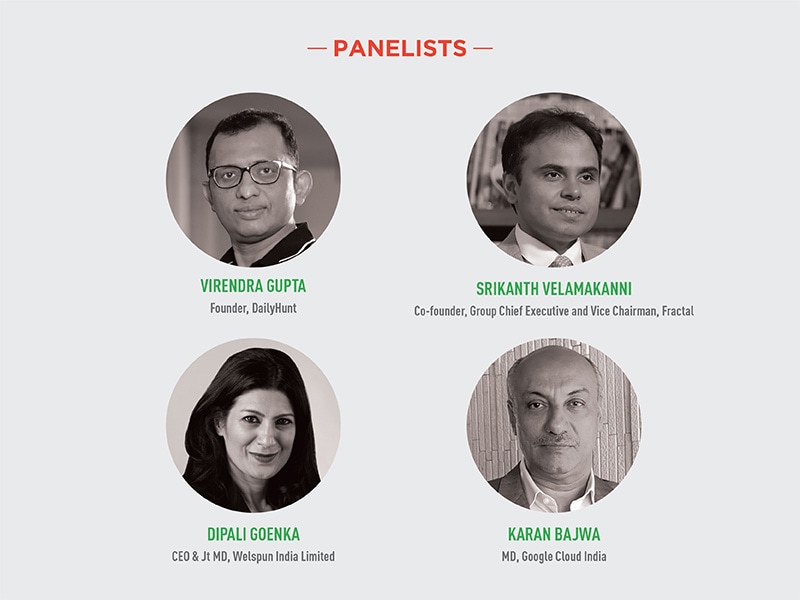
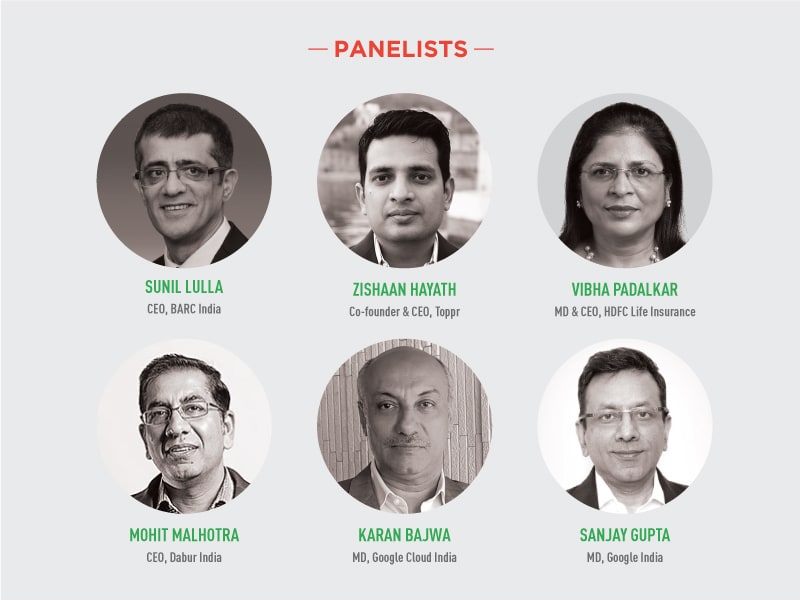
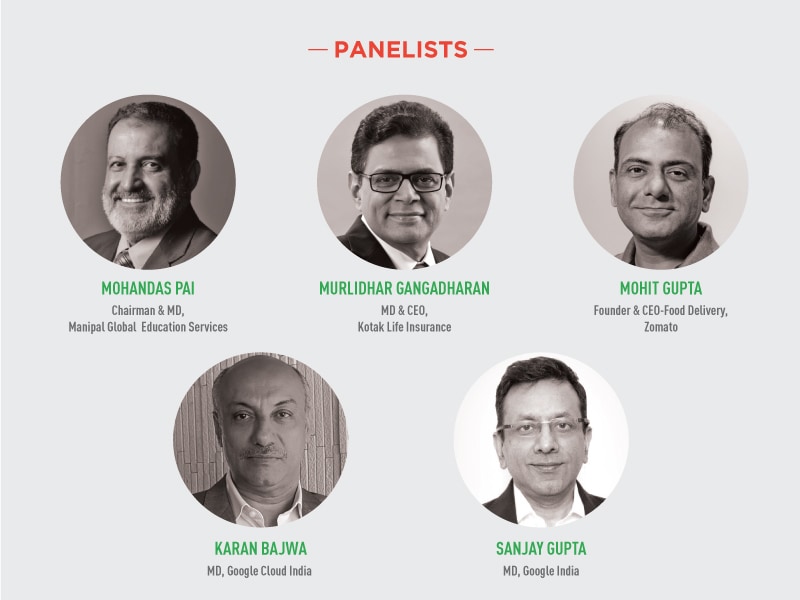
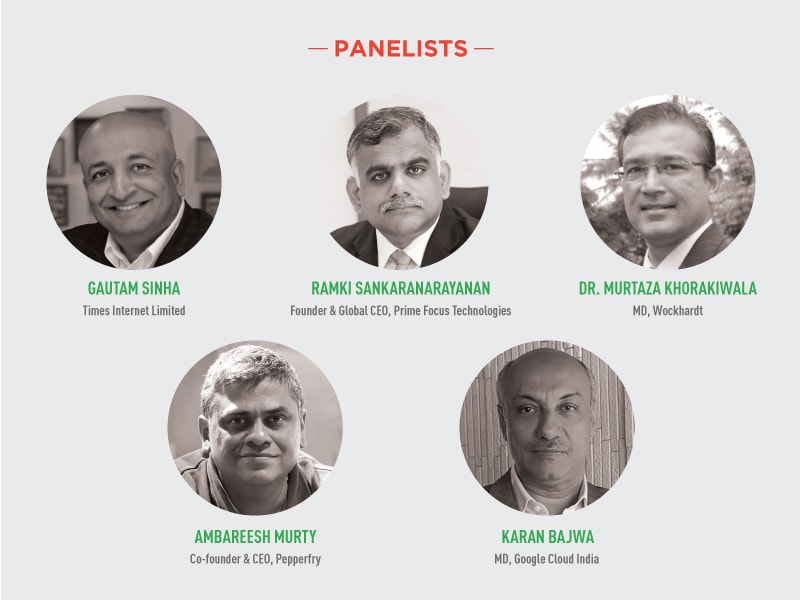
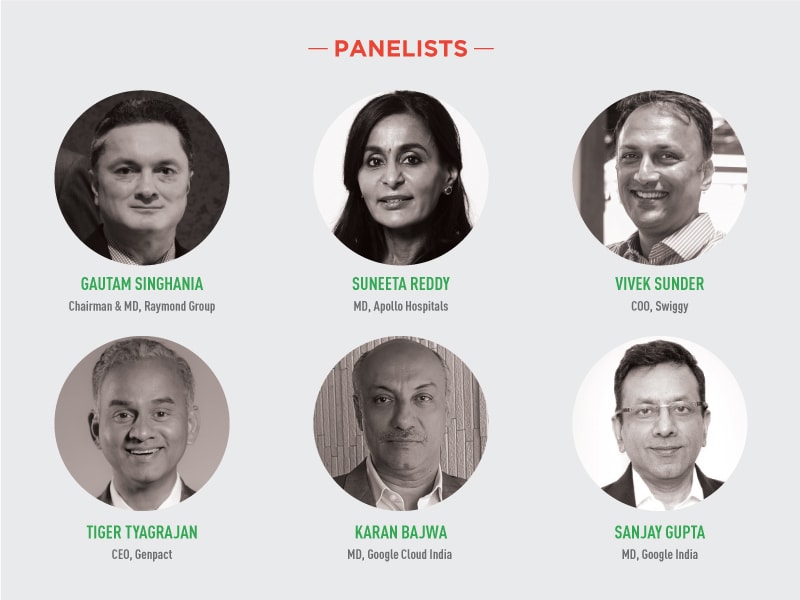
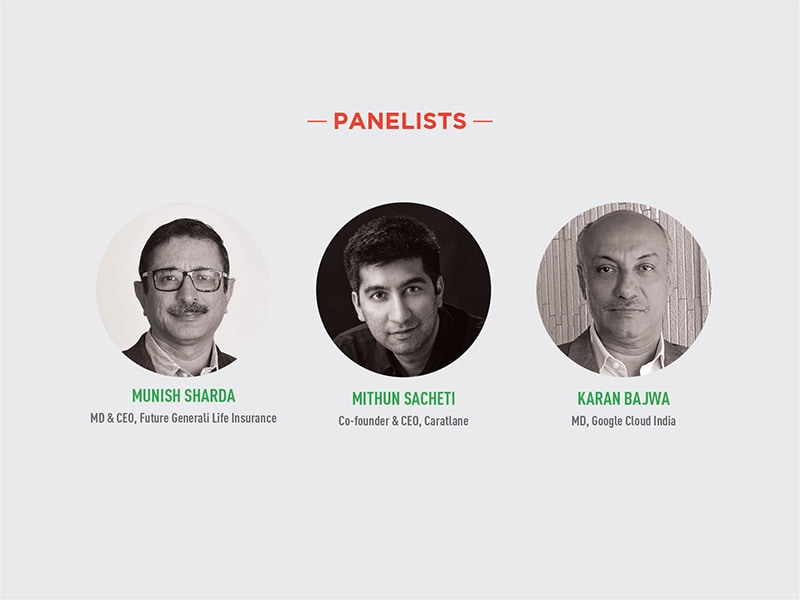
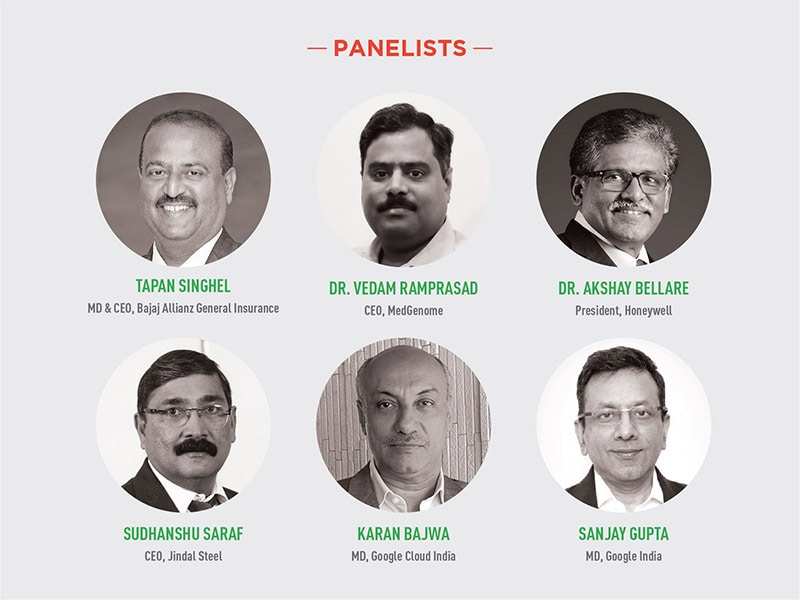
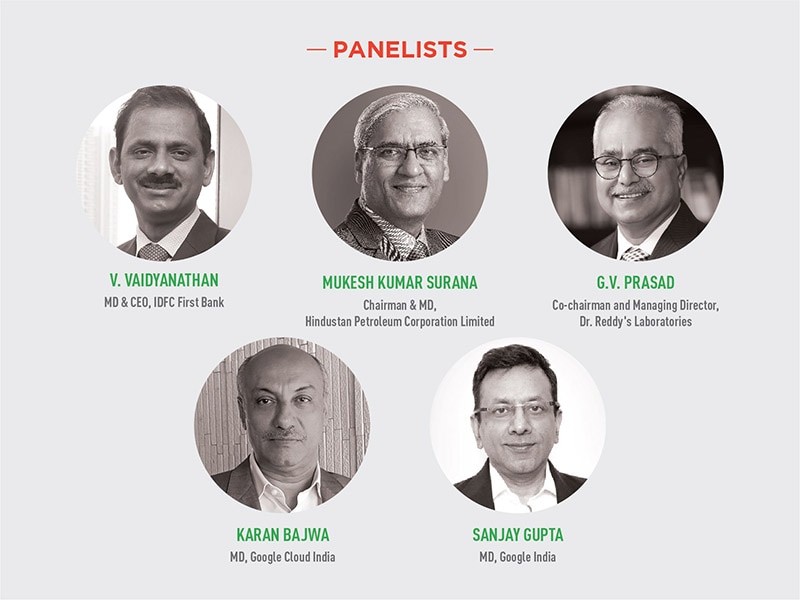
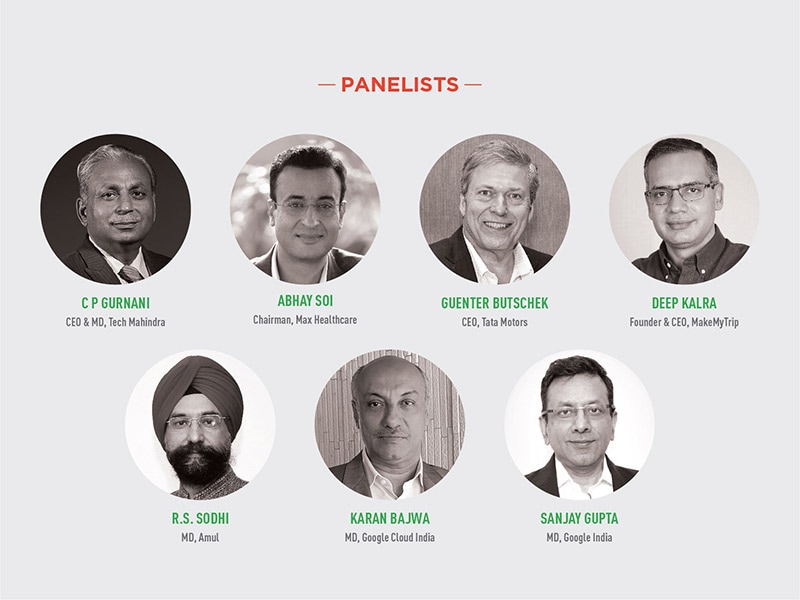
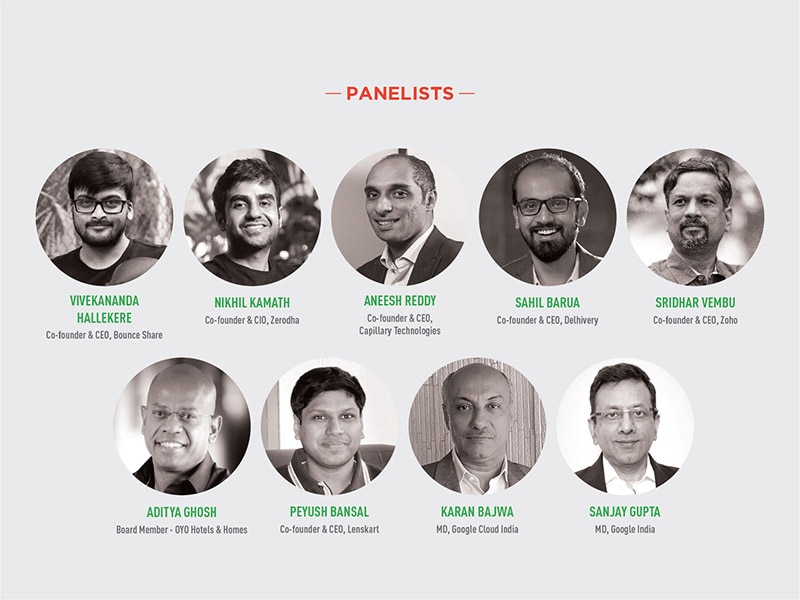
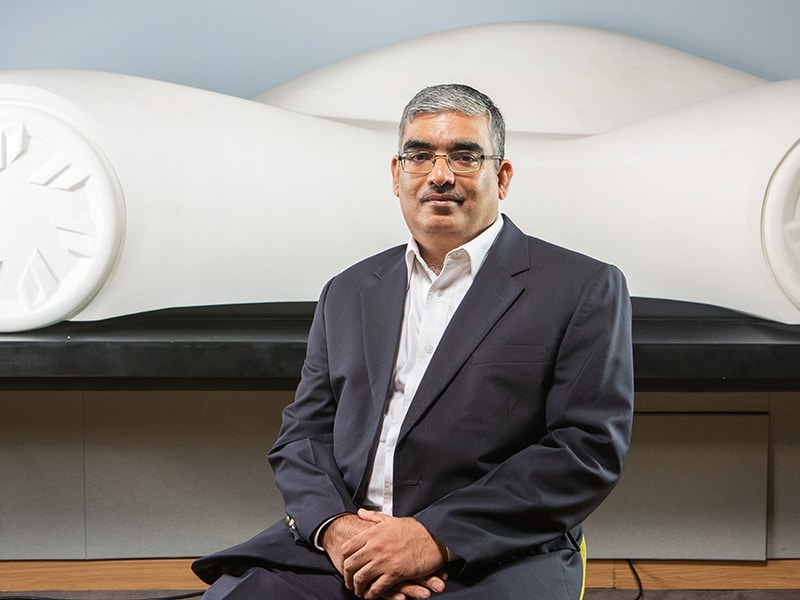
.jpg)





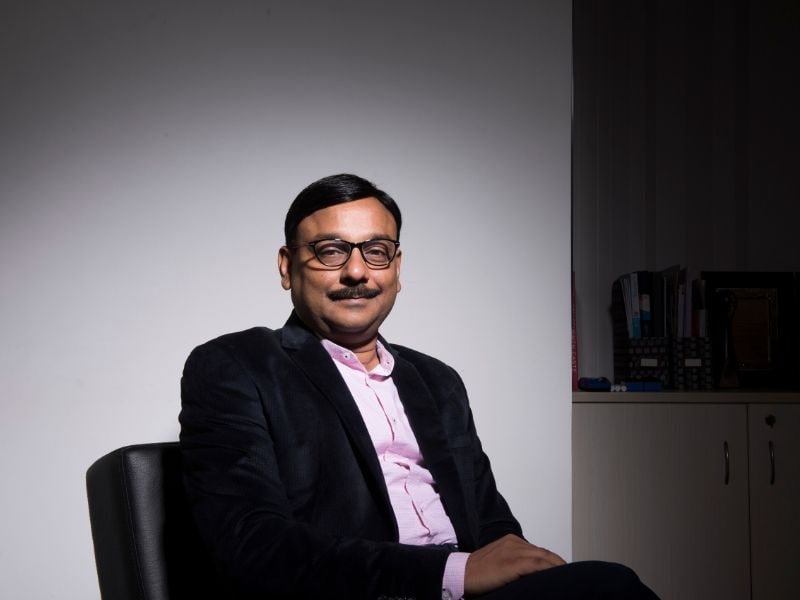
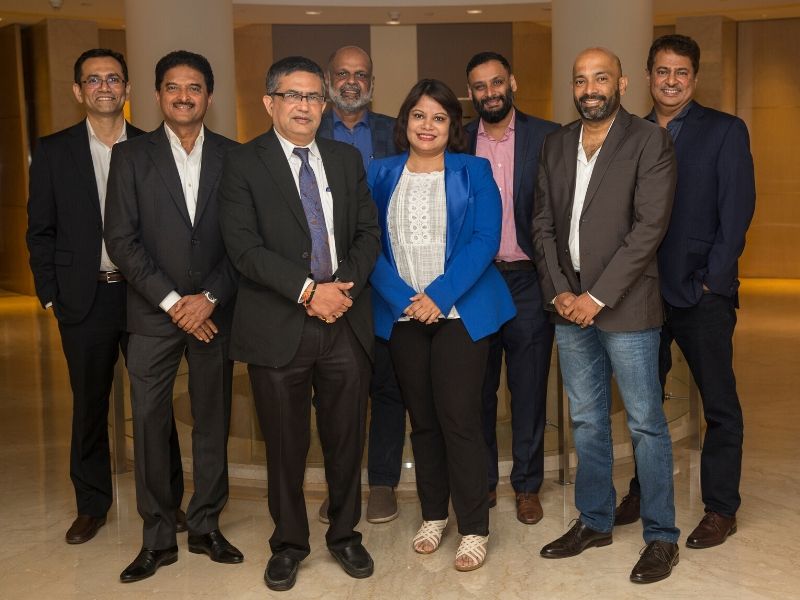
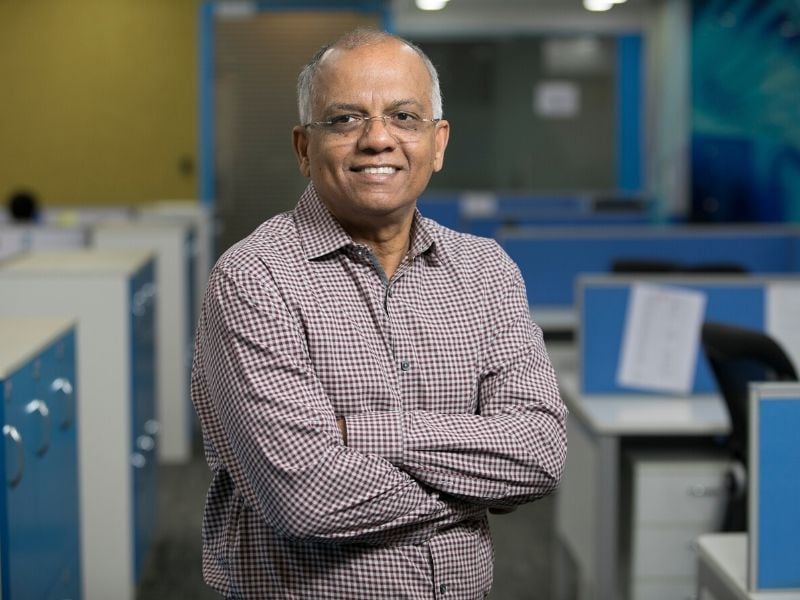



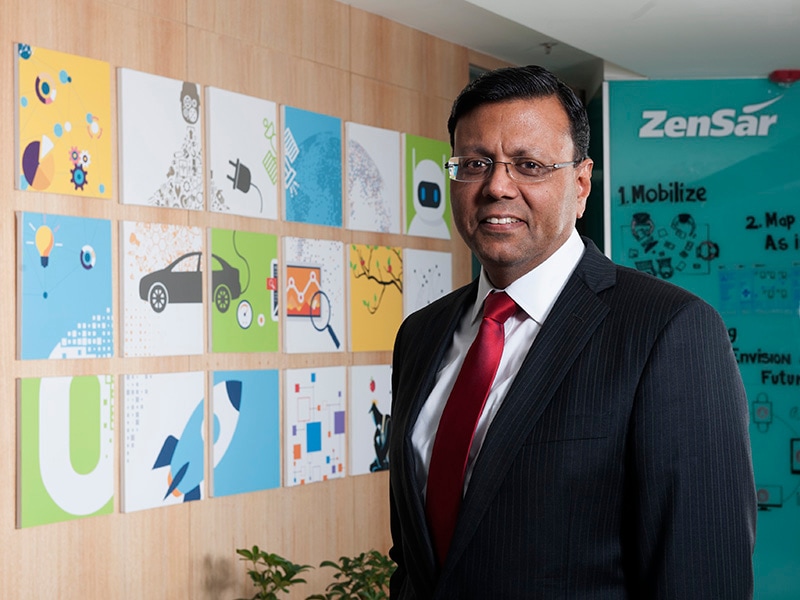
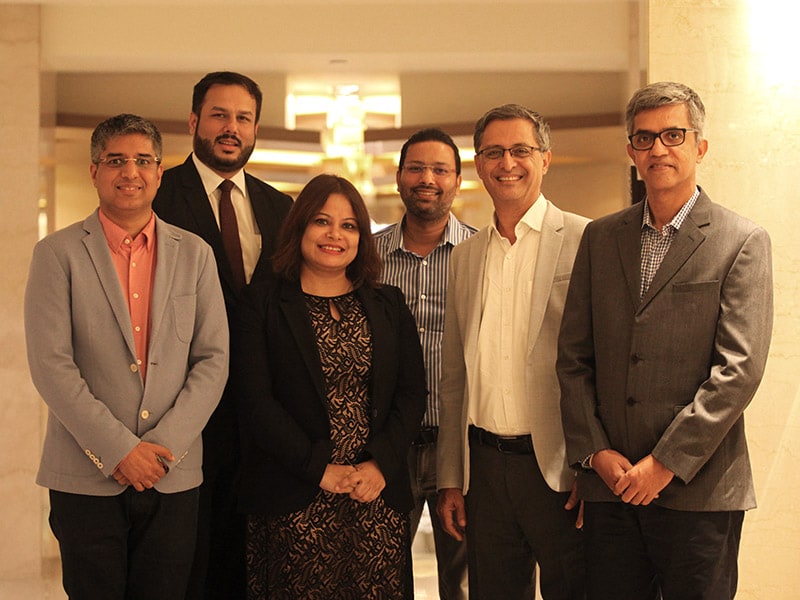
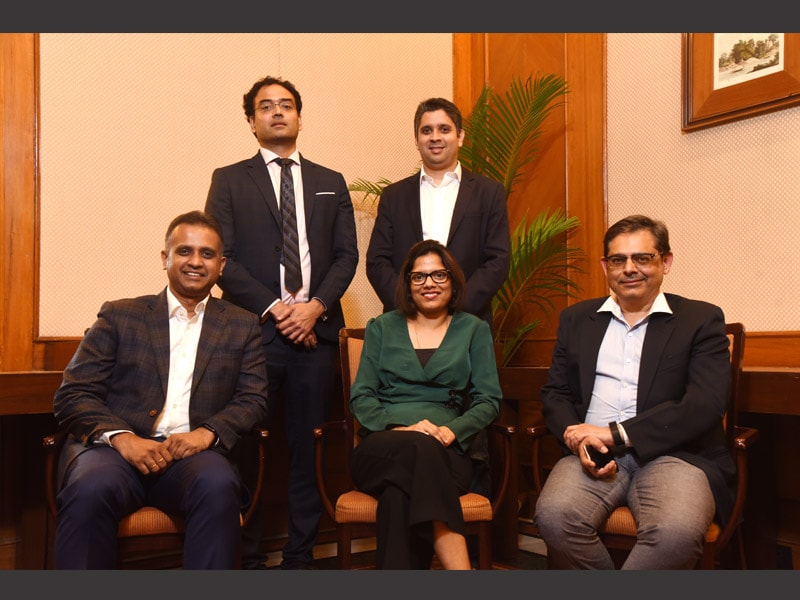



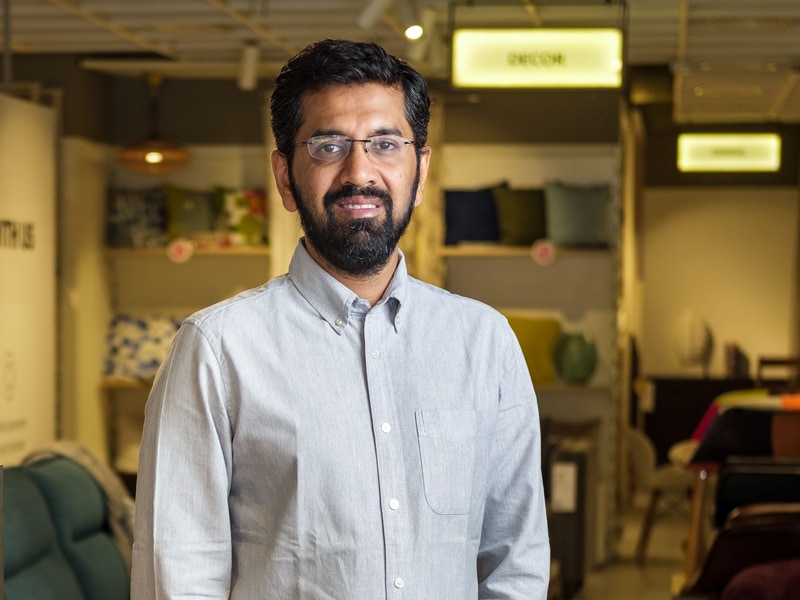
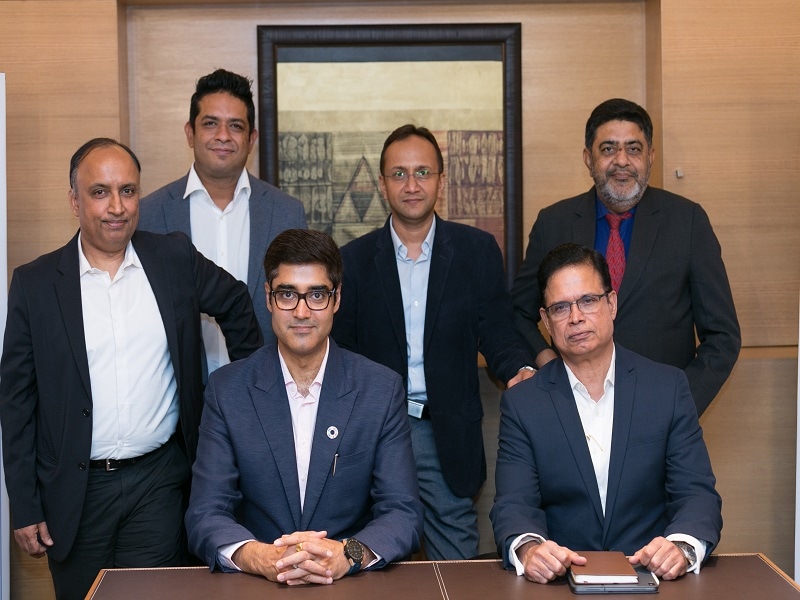


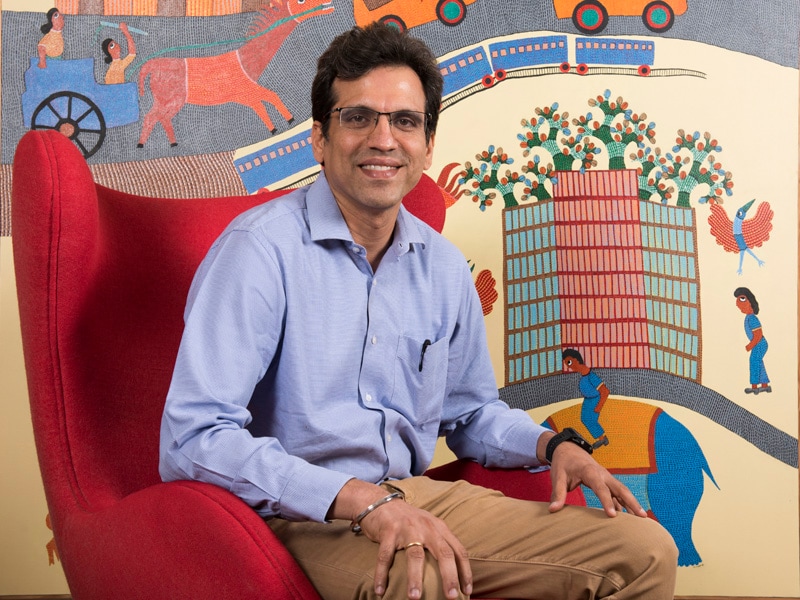
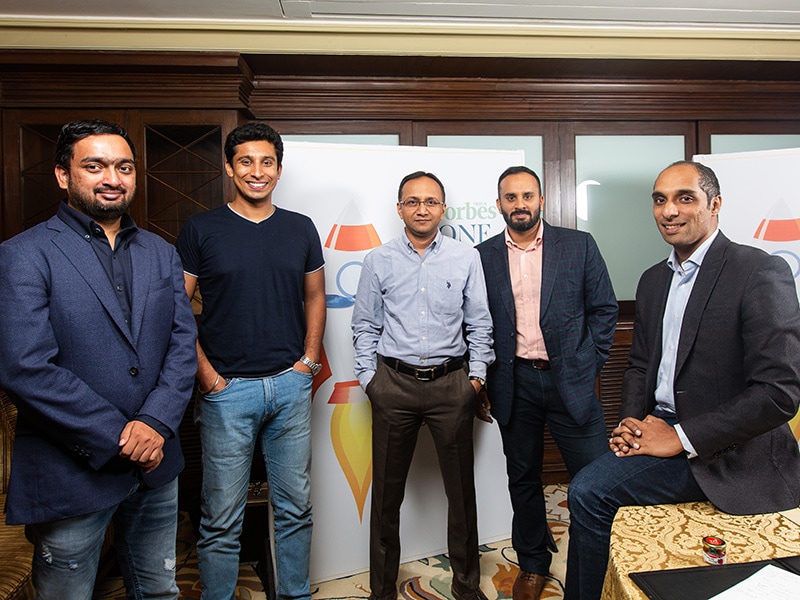

.jpg)

